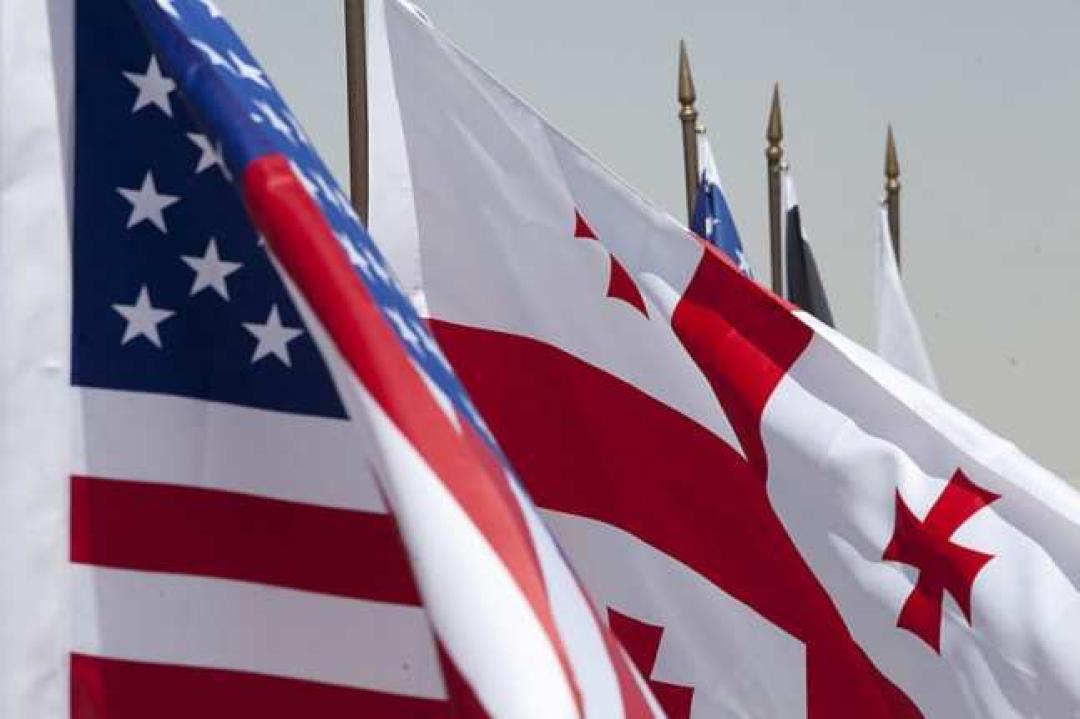
Heritage Foundation report on US-Georgia relations

On 30 July, the US conservative think-tank Heritage Foundation published their report on US-Georgia relations and the means to improve them. The publication pointed out that the United States’ growing relationship with Georgia, based on shared values and common interests, is beneficial to both countries. The US and Georgia have built a strong relationship but much more can be done, especially through trade and investment.
The report gave special importance to the upcoming elections in Georgia and the investment climate in the country. In regard to the elections, the report noted that the “upcoming October parliamentary elections have become more critical as an elevated proving ground for Georgian democracy that should bolster good governance.” To that end, Washington should pay closer attention to Georgia’s forthcoming election process and ensure concrete support for the country’s democratic practice of free, fair and transparent parliamentary elections.
In the field of economy, the report praised Georgia’s entrepreneurial framework, regarding it as one of the best in Europe, but emphasized that the economy is still characterized by dependence on low-value sectors and thus remains well below its full potential. It further elaborated that sizable segments of the market such as the agriculture sector, start-up entrepreneurs, and new investments related to infrastructure development are still underserved by formal financial institutions. Also, significant assets, including a large portion of agricultural land, remain in state ownership under inefficient management. In addition, capital markets remain underdeveloped and do not have adequate depth to provide long-term, meaningful finance for companies seeking to scale up.
In order to further bolster the US-Georgia relationship, the report recommended Washington officials: 1) continue to encourage Georgia to pursue institutional and structural reforms to strengthen its democracy and economic freedom; 2) focus on technical economic collaboration to fully capitalize on Georgia’s high degree of economic freedom; 3) lay the practical groundwork for formal bilateral trade agreement negotiations and 4) support infrastructure development in Georgia that would ensure regional connectivity and build up the evolving economic cooperation among the countries in Central Asia, the Caucasus, and Central and Eastern Europe.
See Also


Armenia Records 5.9% GDP Growth in 2024, Missing 7% Goal

Yerevan Balances Strategic Ties with Both US and Russia, Says Foreign Minister

FM Mirzoyan: Peace Deal with Azerbaijan Is Within Reach

Pashinyan and Erdogan Hold Call, Reaffirm Commitment to Ongoing Dialogue

